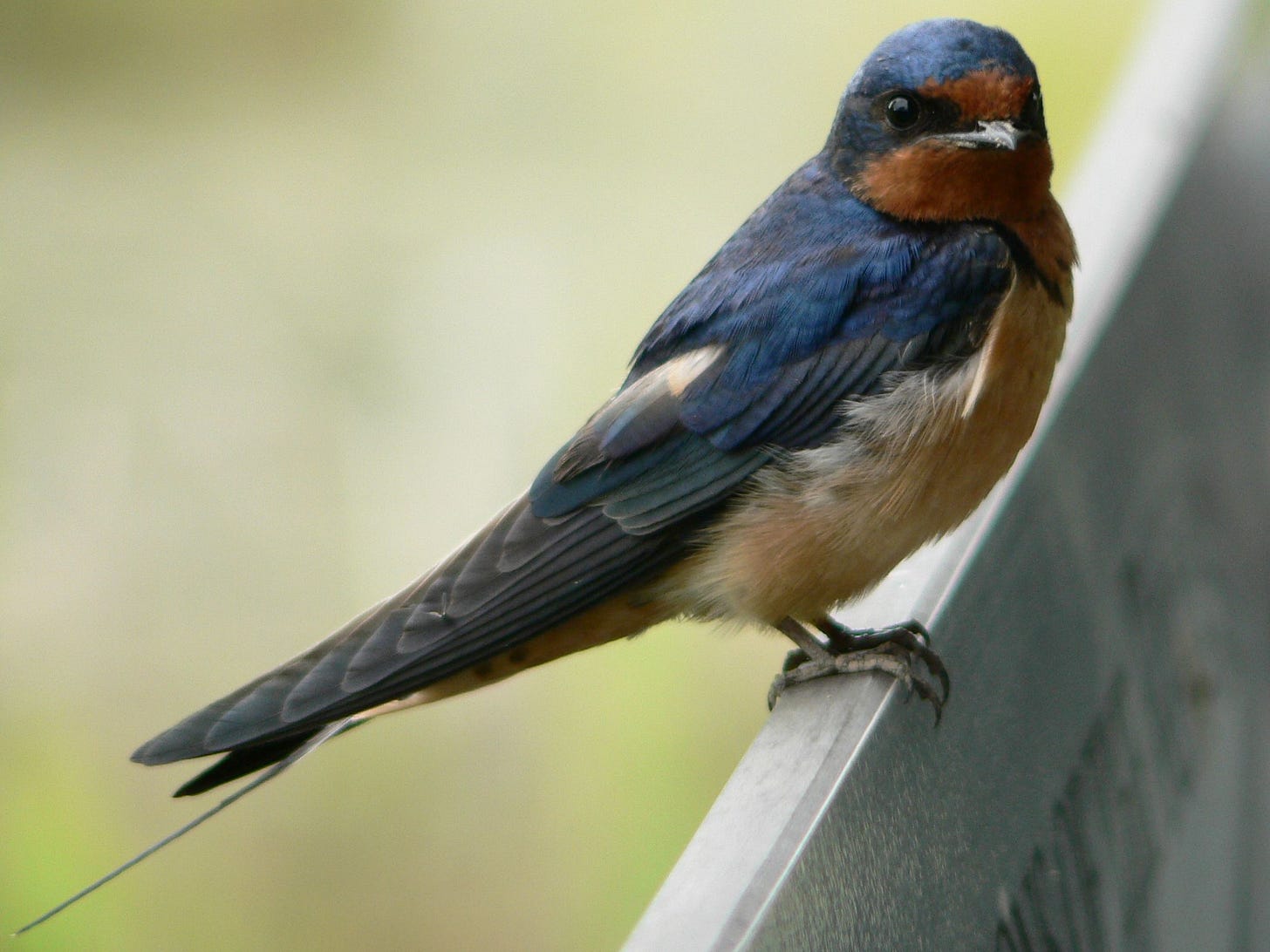
Spring is beginning in New Zealand. This changing of the seasons is so lovely that it makes for one of the best subjects in poetry, and it is the subject of one of my favourite songs, In Vernali Tempore.
This song comes to us from a collection called Piæ Cantiones (Sacred Songs), gathered at Turku Cathedral School in medieval Finland. The students there would have sung these songs in exchange for alms.
Some of the songs are thought to be of older German or Scandinavian origin, but are now known to us only through Piæ Cantiones. The collection was first published in Latin in 1582. English versions were not available until the 19th century. In 2001 a version of In Vernali Tempore appeared in the videogame Europa Universalis II, which is where I discovered it.
A few English translations of In Vernali Tempore are floating around but they’re usually either missing the third verse or have rendered the poem in rather strict, stuffy English verse. The version below is my own preparation, with some much appreciated help from my friend Callum Aldiss.
In the springtime
when the chill has gone
the swallow rises to announce
that the beauty of the earth,
of the sea and the woods,
all the beauty of the world
is renewed.
In this joyous season
life returns to the body.
The heart’s pain
gives way to pleasance.Flowers blossom in the earth
and the woods bloom green.
Let the birds soothe,
let them sing
with their voices of sweetness.
The sea and sky are free of storms
and the air is filled with sweet dew
when the clouds are consumed
by the sun, spreading its rays
that shine with sweetness.Oh what beauty, how great
is the glory of God!
How great is the splendour
which shines from His face.
Everything we look upon - the innermost
the highest and the middle -
everything extends from God.
The difference is greater
than that between night and day.
The poem begins by describing winter giving way to spring. This is marked by the arrival of the swallow (hirundo), a migratory bird that leaves for Africa in the cold winter months and returns to Scandinavia in the spring.
Turku has one of the milder climates in Finland. Still, its temperature is regularly in the negative degrees celsius in winter, dropping to as low as negative 30, with only one or two hours of sunshine per day. It’s easy to feel miserable when it is so dark and cold. Spring’s arrival breaks up the dark monotony, bringing not just sunshine and greenery, but a change in mood and outlook too - “the heart’s pain/gives way to pleasance.”
The second stanza focuses on the renewed beauty of the world. The flowers and trees, stripped bare in winter, are starting to regain their leaves and colours. The sea and sky have cleared up. Storms are replaced by birdsong, their dark clouds consumed by the sun’s rays, which scatters the moisture into dew. The word dulcore - sweetness - is used twice, for the sun’s rays and the bird’s song.
In the third stanza God is recognised as the source of this beauty. All things, from “the innermost” to “the highest and the middle” extend from Him.
This part was especially tricky to translate, and not all of the nuance in Latin has carried across. The actual verb used here in Latin is “ducunt”, which means to lead, guide, or march. Another meaning is to pull or prolong; extend seems to be a reasonable translation.
That which is extending from God is “formam speciei”, literally “the form of the species”. Speciei means species, the same as English, but it also has an older meaning, “an appearance” or “sight”. This meaning draws attention to the form and proportions of the thing being looked at. A similar word in English is “visage”, which means face, but with attention to the form and proportions of that face. In this poem we are being asked to reflect upon the arrangement of everything we see as winter passes into spring: bird, tree, storm, flower, dew, sun.
The “difference” between it all is greater than that between night and day. This is the difference between winter and spring, but also the difference between the different forms of the species, and the distance (the extension) between God and His creation. These differences are given their appearance by God and have a unity in Him.
Have a listen to the Latin version, as performed by Joculatores Upsalienses. The words are below.
In vernali tempore
ortu laetabundo,
dum recedunt frigora,
nuntiat hirundo:
terrae, maris, nemoris
decus adest deforis
renovato mundo.
Vigor redit corporis,
cedit dolor pectoris
tempore iucundo.
Terra vernat floribus
he originalet nemus virore.
Aves mulcent cantibus
et vocis dulcore.
Aqua tempestatibus
caret, aër imbribus
dulci plenus rore.
Sol consumptis nubibus,
radiis patentibus
lucet cum dulcore.O quam mira gloria,
quantus decor Dei!
Quanta resplendentia
suae faciei,
a quo ducunt omnia,
ima, summa, media,
formam speciei.
Maior est distantia,
quam sit differentia
noctis et diei.



